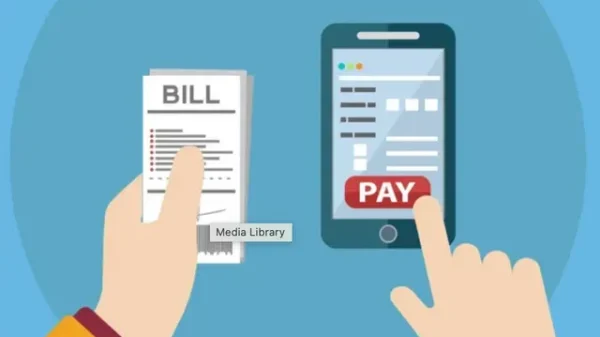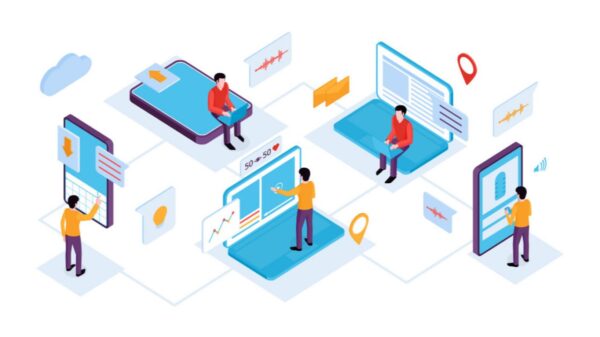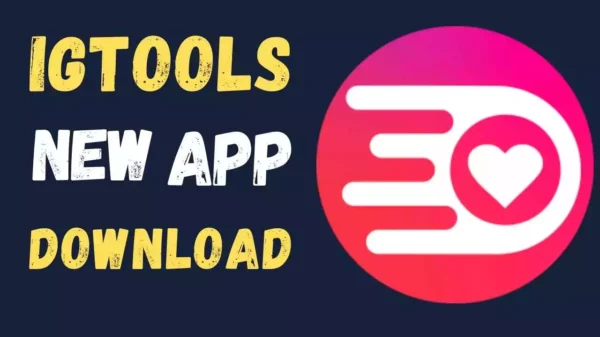Leaving school and joining the workplace is a big challenge for most young people, especially for those who need special assistance. School Leaver Employment Supports (SLES) are designed to address this gap by ensuring the delivery of training that prepares participants for independent employment. These programs are generally for school leavers with such disabilities, and the assistance given is crucial to enable the young people to gain confidence, desk work proficiency, and better opportunities to secure decent employment.
What are School Leaver Employment Supports?
SLES are the schooling, learning, and employment transition programs within the NDIS in Australia, which seek to support youths with disabilities in employment. These supports are meant to enhance workplace transitions and are more oriented toward skills, vocational self-reliance, and self-assurance. SLES programs meet many employment readiness needs based on aspects such as mannerisms in the workplace, choice of careers, and higher-level skills needed to gain employment.
In this case, we identify some of the key competencies fostered through SLES programs that enable youth to succeed in the workplace.
1. Communication and Social Skills
For any workplace, one of the critical skills that is essential to learn is communication. SLES programs focus on training oral/verbal, written, and non-verbal communication. Participants learn:
- Strategies for effectively presenting one’s ideas and opinions during interviews or in any working conversations.
- Techniques in communicative behaviours of active listening to enhance relationships with peers and supervisors.
- To learn manners and etiquette and how to effectively and professionally communicate in workplace terms and tenor.
The programs also involve role-play or group activities, engaging the participants in social interactions. This training is important in developing confidence and positive organizational working relationships.
2. Organisation and Time Management
Adjusting from the regimented school setting to the independent workplace can be difficult. Young people participating in SLES programs learn time management skills to balance several obligations and achieve deadlines.
Among the important time management topics discussed are:
- Establish reasonable objectives and divide them into manageable tasks.
- Setting priorities and controlling due dates.
- Use apps, calendars, and planners as tools to maintain organisation.
By mastering these skills, participants can sustain productivity and stay on course in their professional jobs.
3. Job-Specific and Technical Skills
Each position has specific technical prerequisites. SLES programs provide participants with the skills they need for their chosen careers by customising their training to match their interests.
Examples of technical skills taught include:
- Basic computer literacy, such as using word processors, spreadsheets, and email systems.
- Industry-specific certifications or training, such as food handling or customer service qualifications.
- Hands-on experience in simulated or real-world work environments to develop job-ready competencies.
- By focusing on practical, job-specific skills, SLES participants gain a competitive position when applying for positions.
4. Problem-Solving and Decision-Making
Employers highly value the ability to solve problems and make informed selections. SLES packages foster these abilities by encouraging members to approach challenges with confidence and creativity. Participants learn how to:
- Identify the ability to place business issues and compare possible solutions.
- Think on their feet and adapt to unexpected modifications.
- Make decisions that align with administrative center goals and expectancies.
By honing these abilities, members are highly organised to navigate the complexities of the modern-day place of work.
5. Workplace Behavior and Professionalism
Understanding and adhering to place of work norms is crucial for long-term fulfillment. SLES applications train participants on the significance of professionalism and workplace etiquette, inclusive of:
- Punctuality and reliability.
- Dressing correctly for specific activity roles.
- Understanding the place of work policies and adhering to safety requirements.
Participants also receive guidance on how to build good relationships with colleagues and supervisors, fostering a collaborative and respectful work environment.
6. Financial Literacy and Independence
SLES applications regularly comprise monetary literacy schooling to help individuals manage their non-public price range when they begin incomes. Topics included consist of:
- Budgeting and saving strategies.
- Understanding payslips and taxation.
- Managing prices to ensure economic balance.
These lessons empower young individuals to handle their income responsibly, contributing to greater independence and confidence.
7. Networking/Interview Skills
Looking for a job is not easy; it can be even harder for school leavers. SLES programs empower people with the necessary skills to get jobs or perform a certain function. These include:
- List skills: Preparing, organizing, and writing professional resumes and cover letters.
- Creating a LinkedIn account and getting to know the networking opportunities it offers.
- Setting up mock job interviews and discussing feedback and sessions in a career platform.
Furthermore, competency mapping is incorporated for participants to help them spot better job vacancies that will ease their entry into the market.
Implications of SLES Programs for the Broader Population
The SLES programs are not only about employment but also about hope, self-employment, self-esteem, and the future. In this way, the programs enhance participants’ success and well-being because the skills mentioned above are crucial for later fulfillment.
Further, it is established that SLES programs positively impact the community. Through these programs, young people with disabilities are given equal employment opportunities in a diverse society against stereotyping.
Conclusion
As School Leaver Employment Supports, they work in an advanced way to ensure that youths with disabilities are offered befitting employment opportunities after school. By making participants aware of skills like communication, problem-solving, time management, and coping mechanisms, these programs equip the participants to succeed in the workplace.
SLES programs also promote employability and personal and social adjustment since they offer individualised and applied training. For this reason, such programs are crucial in creating employment equality and a diverse workplace environment in which everyone can thrive.




































